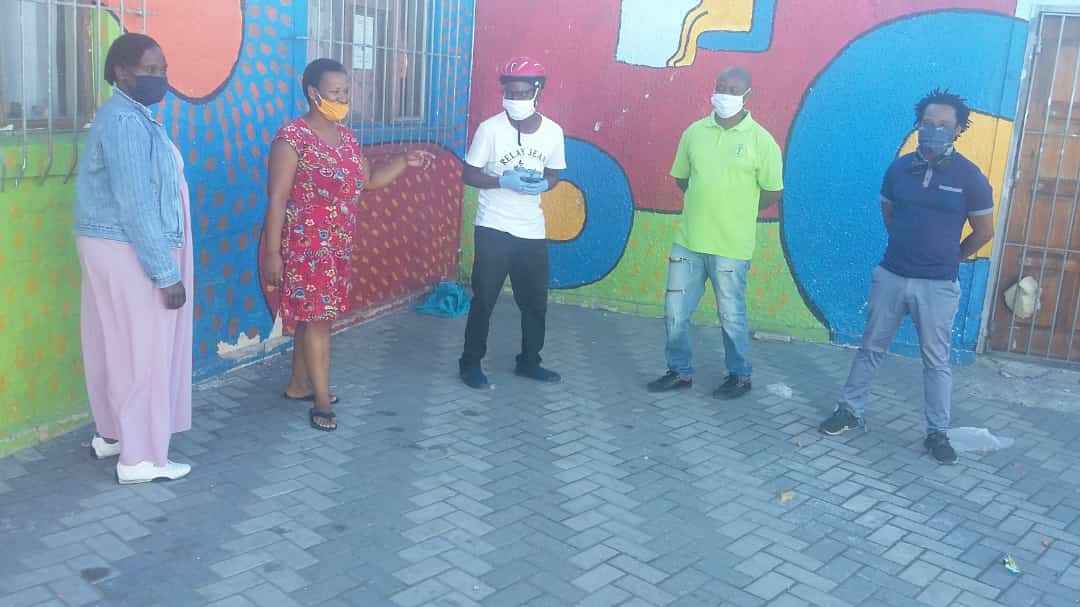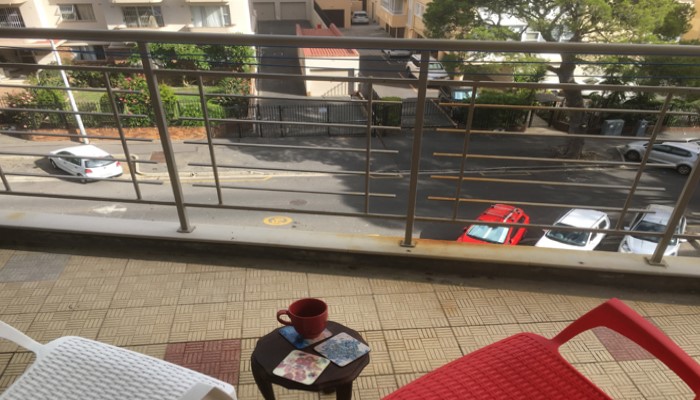COVID-19: Collective experiences during a global pandemic

COVID-19 has disrupted our lives. And while this is one of those rare and historical events that directly affect everyone around the globe, each person’s experiences and circumstances during these times are different. These snapshots chronicle our experiences of the pandemic.
Division of Social and Behavioural Sciences Fieldnotes, UCT
Beating COVID-19: Education is Key – Isaac Mangwana
COVID-19 came as a complete shock. It is new to everyone so naturally, my family and I have been scared and worried. We have two small children who attend primary school so my wife and I have started educating them about this virus; telling them that they cannot go out to play with friends, go to school or attend church. Instead, we have used the family time we are spending together to share the knowledge we have on the virus and help them adjust to the 'new normal'.
My experience of being part of the Movement for Change and Social Justice (MCSJ) which is based in Gugulethu and Khayelitsha, has been largely marked by going out to the communities and educating. MCSJ has been working with the Department of Health, sharing information as widely as we can in our communities, and raising awareness. We are distributing posters to conscientise about the Coronavirus. The Men’s Forum, part of MCSJ, has been handing out lunch to people who are scant for food at home, and assisting to educate patients at the Gugulethu Day Hospital. I think what is key, is education about the virus, so we all know what to do to flatten to curve. All this is especially important in areas where people may not have access to information about the virus or even understand that information. We need to see to the conscientisation of our communities.
Isaac Mangwana is MSCJ’s Men's Forum Coordinator for MCSJ. This was taken during lockdown level 4 in Gugulethu, South Africa.

There Goes Another – Neil Overy
”There goes another, no mask, and only one item of shopping!” he cried, turning to his partner, desperately seeking her approval of his outrage.
This morning hunt for lockdown miscreants from this coffee mug-wielding privileged man, standing on his privileged balcony in his privileged suburb, had gotten out of control. He’d realised this when he began to regret not owning a catapult. He consequently adjusted his behaviour, with the wise guidance of his partner, and now sits with his coffee and focuses on the activities of clouds and birds, and the vast majority of those who are adhering to the lockdown. The lesson here for this man is that the defiance of the lockdown he witnesses is not about the pandemic at all. It is about privilege, because for some who inhabit this lucky state, privilege does, what privilege wants.
Neil Overy is a Research Associate in Environmental Humanities South, UCT, South Africa.

Short walk to Woolworths
The DSBS has been inspired by two models we have seen used in the New York Times for creative ways to tell brief but highly specific and individualised stories about our experiences — Tiny Stories and Number Stories.